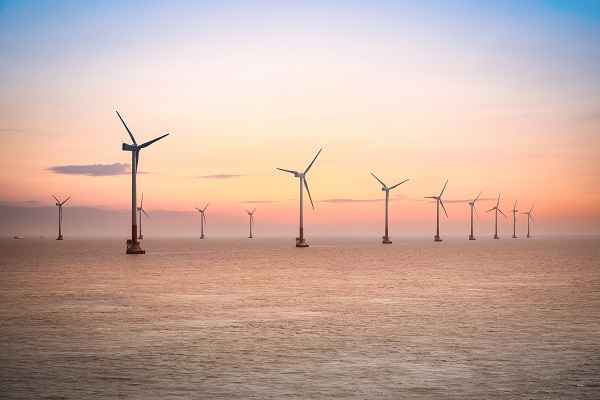MA Working Through Fishing Industry Concerns About Offshore Wind

With many states working on becoming more carbon-neutral, Massachusetts is looking to offshore wind for its sustainable future.
According to a 2021 report, Massachusetts has the largest capability for offshore wind energy generation capacity.
While the state, and the U.S., move toward more energy independence, there has been some worry about how offshore wind might affect the fishing industry. Massachusetts is home to New Bedford, the busiest commercial fishing hub in the country, and residents are worried about how changes might paralyze the town’s economy.
Cobi Frongillo, a town council member in Franklin and a member of Elected Officials to Protect America, a group working to address climate change, said there were plenty of questions to be answered first.
“What are the seasons of building that are going to impact you the least? How large do our fishing lanes need to be, and that’s been a huge beast; having large fishing lanes. Where are your biggest fishing areas, and can we avoid those as much as possible?” Frongillo outlined. “Those are really, really critical conversations and the earlier you have them, the better.”
He added the port’s questions have been answered, though it has taken years of work and collaboration.
Leases have been sold off the coast of New Bedford for offshore wind turbines to be installed. Along with providing a more sustainable form of energy for the community, it will also increase jobs in the area.
According to the National Renewable Energy Laboratory, the Biden Administration’s goal of 30,000 megawatts of offshore wind energy could create more than 77,000 jobs nationwide.
Frongillo noted Massachusetts is a uniquely positioned state to take on offshore wind, because buildings which once catered to fossil fuels can be utilized for more sustainable industries. The former Brayton power plant in Somerset is going to be used as an offshore manufacturing facility. He added the closed plants are a key to a more sustainable future.
“Those coal-fired power plants are exactly where new companies and staging facilities,” Frongillo explained. “Where the power is going to come in is right on those coal-fired power plants.”
Frongillo hopes to see offshore wind coming to fruition in Massachusetts, especially since it is one piece of a larger global effort to halt or slow down the effects of climate change.
Edwin J. Viera – Commonwealth News Service
